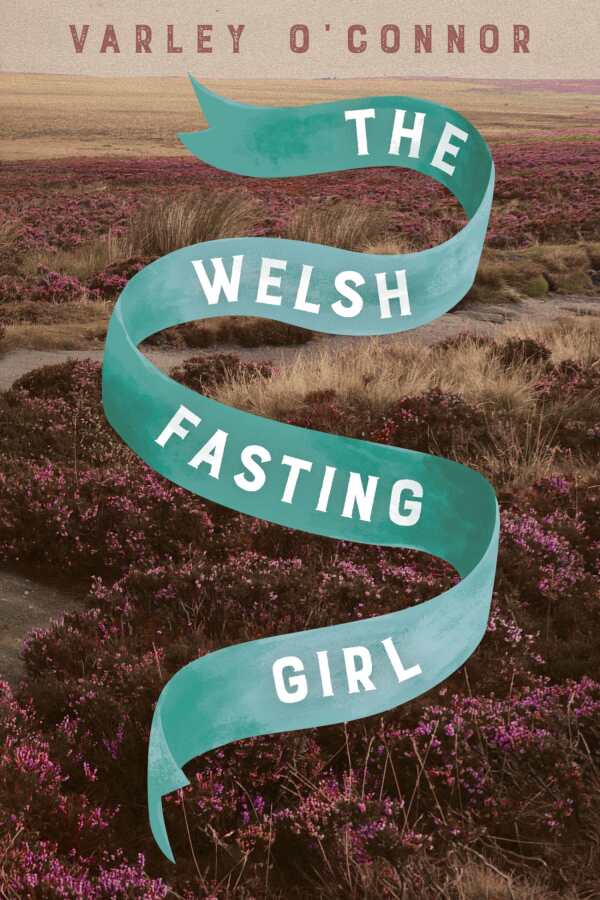The Welsh Fasting Girl
In Varley O’Connor’s historical novel The Welsh Fasting Girl, Sarah Jacob is a humdrum farm girl. When she stops eating in the 1860s, she swiftly gains notoriety throughout the United Kingdom and United States, becoming the “Welsh Fasting Girl” of the title.
To some individuals and factions, Sarah represents a miracle; to others, she’s perpetuating a hoax. But whether she’s a saint or a fraud, the real miracle lies in the capacity of Sarah’s singular, dark fate to illuminate the socioeconomic, religious, scientific, philosophic, and political cultures and conflicts of her time.
Specific and universal truths spring from the observations and insights of the book’s fictional and nonfictional characters. The book is ultimately more fiction than non-, but any purely historical account would have rendered its truths as inaccessible today as they were a hundred and fifty years ago.
Poetic, sensual prose that is authentic to the times and places depicted foists a sense of immediacy upon this chronicle of bygone days. When history fails to distance itself from the present, local women, cloistered upstairs to view courtroom proceedings in 1870, fail to achieve exclusivity in their claim to have “inhabited Sarah’s outrageous story as if it were familiar.”
Dialogue carries the story forward like the wheels of a train; every turn resonates with vibrations unique to each voice and scene. Meanwhile, letters from a fictional journalist, Christine, to her presumed-dead journalist husband provide a venue for professional and personal musings about the agendas of particular persons and the groups with which they identify. More essentially, this safe haven incites Christine to explore matters too morally and culturally taboo to be mentioned, let alone set indelibly in print for public consumption. Varley O’Connor’s The Welsh Fasting Girl is a transcendent historical novel.
Reviewed by
Linda Thorlakson
Disclosure: This article is not an endorsement, but a review. The publisher of this book provided free copies of the book to have their book reviewed by a professional reviewer. No fee was paid by the publisher for this review. Foreword Reviews only recommends books that we love. Foreword Magazine, Inc. is disclosing this in accordance with the Federal Trade Commission’s 16 CFR, Part 255.

